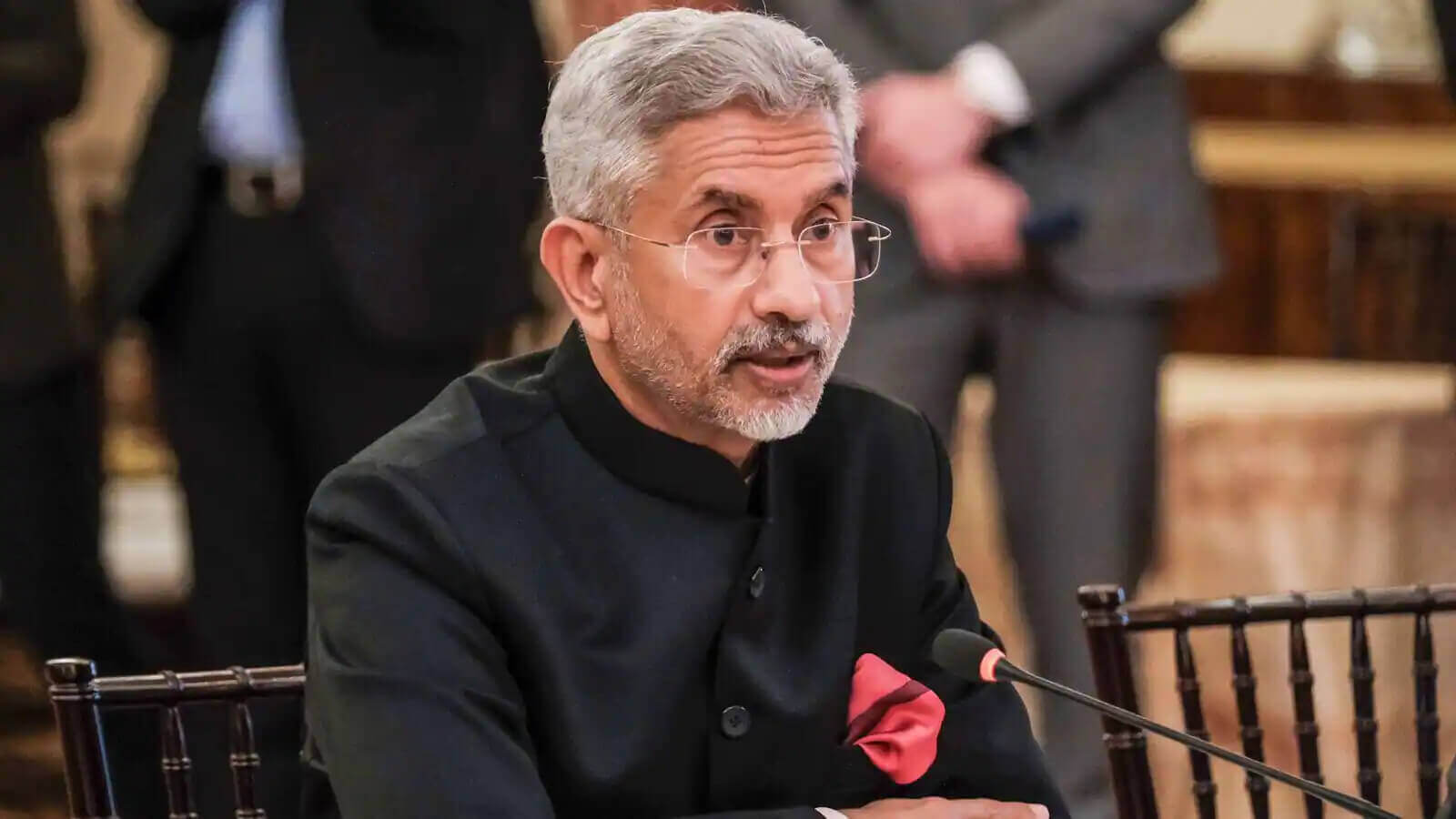At the 21st Meeting of the Shanghai Cooperation Organization (SCO) Council of Heads of Government on Tuesday, Indian External Affairs Minister (EAM) S. Jaishankar took aim at China by stressing that connectivity projects in the region should “respect the sovereignty and territorial integrity” of countries and adhere to international law.
In a thread on Twitter, Jaishankar emphasised the need for connectivity projects in Central Asia to be based on the “centrality of interests” of countries in the region.
The Indian EAM highlighted the importance of enhancing accessibility to Central Asia to realise the full economic potential of the Organization.
He noted that India’s trade with SCO members currently only stands at $141 billion, of which China accounts for $100 billion and Russia $20 billion. He remarked that “fair market access” is the “only way to move forward” and would allow this figure to “increase manifold,” given that India’s trade with all the Central Asian members combined currently only stands at $2 billion.
In this regard, he emphasised the importance of the India-developed Chabahar port in Iran and the International North-South Transport Corridor, which offers an alternative route to China’s Belt and Road Initiative (BRI) and the transit route that flows through Pakistan.
Will unlock the economic potential of this region in which Chabahar port and the International North South Transport Corridor could become enablers. Connectivity projects should respect the sovereignty and territorial integrity of Member States and respect international law.
— Dr. S. Jaishankar (@DrSJaishankar) November 1, 2022
The comment was an apparent jibe at the China-Pakistan Economic Corridor (CPEC), a key segment of which runs through Pakistan-Occupied Kashmir. India has previously raised concerns that the BRI does not provide equal opportunities for non-Chinese companies.
In fact, during last month’s SCO meeting in Samarkand, Indian Prime Minister Narendra Modi criticised the project for not giving “full transit rights” to Central Asia.
Despite India’s opposition, a joint communiqué signed following the SCO meeting said that Kazakhstan, Kyrgyz Republic, Pakistan, Russia, Tajikistan, and Uzbekistan reaffirmed their support for the BRI and vowed to work to jointly implement the projects, including linking the Eurasian Economic Union and BRI.
-Our total trade with SCO Members is only $141 billion, which has potential to increase manifold. Fair market access is to our mutual benefit & only way to move forward.
— Dr. S. Jaishankar (@DrSJaishankar) November 1, 2022
Meanwhile, Pakistani Foreign Minister Bilawal Bhutto Zardari lauded CPEC as a “flagship project” that will enhance the “SCO’s vision of shared prosperity through regional connectivity and integration.” He further highlighted the BRI’s importance in achieving the member nations’ complete political and economic potential by facilitating intra-SCO cooperation.
Similarly, Chinese Premier Li Keqiang, who chaired the meeting, underscored the significance of enhancing connectivity between the SCO member nations. While presenting a five-point proposal to bolster SCO cooperation, he stressed on the importance of “broader and easier connectivity” to ensure the “integrated development of the region.” To this end, he said that member nations must integrate their “national development strategies and regional cooperation initiatives” with the BRI by expanding “policy communication and coordination.”
My discussions with Chinese leadership will focus on revitalization of CPEC among many other things. 2nd phase of CPEC promises to usher in a new era of socio-economic progress that will uplift quality of our people's lives. There is a lot to learn from Chinese economic miracle. https://t.co/A6knRLzN6l
— Shehbaz Sharif (@CMShehbaz) November 1, 2022
Li further proposed expanding “soft connectivity” and information- and data-sharing to bolster economic integration.
To this end, he said, “China suggests that we all pitch in to develop the Smart Customs, Smart Borders and Smart Connectivity, engage in customs clearance facilitation programs for rail transportation, promote mutual recognition of Authorized Economic Operators (AEOs), and build more “single window” platforms for international trade, to raise the efficiency of clearance at ports of entry.”
The meeting coincided with Pakistani PM Shehbaz Sharif commencing his visit to Beijing, where he met with Chinese President Xi Jinping. The pair agreed to “strengthen multilateral cooperation” via CPEC and discussed expanding economic ties.
In the run-up to his visit, Sharif also said that the trip would “focus on revitalisation of CPEC” and welcomed the “2nd phase of CPEC,” which he said would “usher in a new era of socio-economic progress.”

